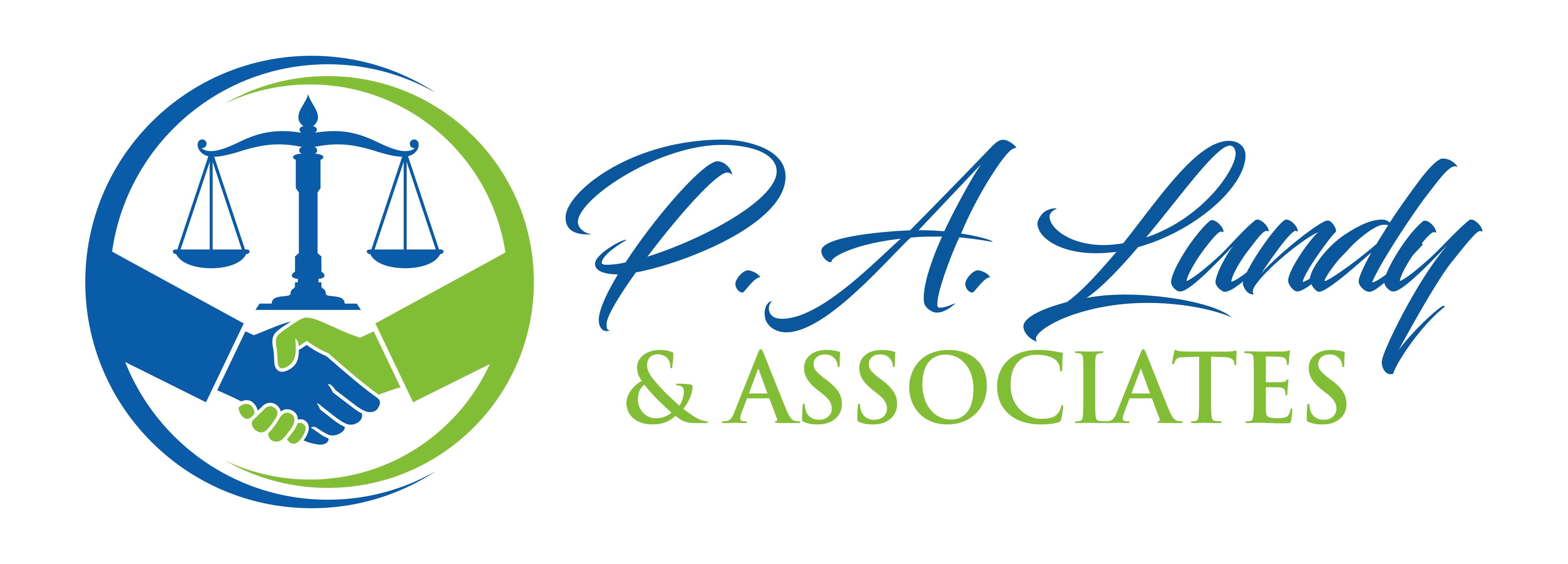Top Estate Planning Tips for Talking with Elderly Parents

For an elderly person, this becomes a crucial and time sensitive activity. As such, estate planning for elderly people should be comprehensive, effective and addressed with promptness.
Upon death, every estate plan is concluded by a bequest or disbursement of assets to either family, organizations or individuals, as stated by the owner or by the Probate process, which may not incorporate the owner’s desires. I am not sure about you, but not having a say in how my affairs and assets are handled, frightens me. If it does the same for you, then that is all the motivation you need to create an estate plan. Waiting too long to create a plan could prove disastrous, as tomorrow is not promised to anyone. Moreover, leaving it all to chance could lead to loss of assets and estate properties.
Quite understandably, conversations about estate planning could be very emotional and sensitive. However, it is best that these issues are addressed early. According to a recent Forbes survey, less than 50% of individuals over the age of 55 have a Will and grossly less than that number of people have some aspect of an estate plan or additional essential documents. Consequently, this low number directly correlates to and explains the rise in intestacy. Intestacy is when an individual dies without an estate plan or a Will. When people, who own assets in their name, die intestate, it leaves the rest of their families in emotional distress, unexpected financial trouble and uncertainty over how their assets should be shared.
While there are some proactive steps that we should take ourselves, we must ensure that our parents take these steps to protect themselves, their assets and their loved ones. With that in mind, here are essential considerations for creating a proper estate plan for an elderly parent:
- Create a time to plan.
The first step to planning your estate, is to be purposeful about it. Be intentional!! Set out a time with your parents to decide what plans are necessary and create a list of how to achieve those plans. Besides creating a time, you should inquire about what asset your parents own, how are they titled (meaning whose name is on the title besides theirs) and where are the assets located. Knowing this beforehand would plant you on the path to creating a proper plan.
- Decide the most appropriate plan for your estate.
To do this, you need to know what your parents want to do. So, ask! Here are some questions to pose to your parents: Do they wish to give some of their assets to charity or to an organization? Do they wish to share a certain part of their estate with only close family and/or relatives? Do they wish to make plans towards retirement? Do they have a particular person in mind to oversee their estate when they die? Would they like to appoint a certain person as a guardian or conservator for their children (or grandchildren, if they have custody)? The answers to those questions would help to decide what a suitable estate plan looks like for them.
- Create a Will
A Will, also called a Last Will and Testament, are simply estate documents that reflect the desire of an individual with regards to the distribution and disbursement of their assets. As basic as it may seem, it is an enormously powerful estate plan document. It essentially tells everyone what to do in the event of your death.
The lack of having a valid Will, translates that the transfer or distribution of whatever is left by the deceased be shared according to the Laws of Intestacy of the state where the deceased owned assets. Elderly parents are advised to create a Will, even if it is the only estate document that they would consider having.
One caveat to keep in mind; it is imperative for your parents to understand that having a Will does not evade the Probate Process, which is a public court process required to distribute the property left in the Will. This is the same process that individuals who die instate will also be subject to. Unless you have a Trust, the Probate process is the only mechanism that will provide the Personal Representative, the person designated to act on your behalf after death, the authorization to transfer assets to your loved ones and ensure a complete ownership name transfer.
- Speak to an estate planning attorney
There are laws and requirements binding all estate plans and documents, as well as processes of implementing these plans. Lack of understanding of these laws can jeopardize you and your loved ones or even render your estate plans invalid. Usually, the formalities involved in creating estate plans and the implementation thereof can only be known by an estate planning attorney. To ensure that you get everything right about your estate plan and avoid simple but costly mistakes, you should consult an estate planning attorney.
- Consider incapacity plans and discuss end of life wishes.
Some people think all there is to estate planning is drafting a Will, and so this is all they do. A Will only enables you to transfer assets to your loved ones, and while this this is a big part of estate planning, there are so many things to consider as well. One of those other important things to consider is incapacity planning.
Incapacity planning is another integral aspect of estate planning but so many people ignore this. As sad as it is to think about, anyone can become incapacitated at any time, especially during the aging process. If you fail to choose who would be responsible for managing your assets now while you are able bodied and mentally competent, chances are that when the time comes, the wrong person may stand to manage it. Moreover, there could be conflicting opinions within your family about who that person should be and what that person should do. To avoid that, it is best to create a financial or medical Power of Attorney or an Advanced Healthcare Directive to appoint an agent to make financial and/or healthcare decisions for you when you become unable to make them yourself. An estate planning attorney can help prepare all these documents.
The three documents mentioned above can help implement your wishes, especially your “end of life wishes.” Here is a little more information about them:
- Living Will/Advanced Healthcare Directive: This estate plan document states what needs to be done in certain medical conditions. For example, instructions can be given in this document regarding the withdrawal or termination of medical support under specific conditions, when and where individuals become terminally ill. You can indicate things like whether you want to be intubated, resuscitated, or provided with nutrition.
- Financial Power of Attorney: This estate planning document is used for appointing an agent to make financial decisions on your behalf if you eventually become incapacitated. They will be able to manage your banking and real estate transactions, pay bills and ensure that you do not fall behind on any important financial matters.
- Medical Power of Attorney (Healthcare Proxy): This estate planning document which you use to appoint an agent to make healthcare decisions for you during incapacity. They will be able to manage your medical and healthcare issues, ensuring that if you are incapacitated permanently or temporarily, that you have someone authorized to assist you in all matters pertaining to your health. This document will also authorize them to obtain medical information and interact with medical professionals on your behalf.
- Create estate transfer and allocation plans
After your elderly parents have evaluated their assets , then they should decide what portion of those assets the want to gift to others and to whom they will be given. To ensure a timely and organized allocation of their assets at death, you should consider preparing the following document :
- Living Trust: This estate planning document enables your beneficiaries to get their allocation without the hindrance or delay of Probate Process. It also allows them to establish creative parameters on how, when and how much of their assets are to be distributed to their loved ones. It also allows them to place protective parameters around those gifts that are given to loved ones who may not use the best judgment with their inheritance.
- Consider tax evaluation and tax returns
It is essential to understand and plan for estate taxes. Proper estate planning can assist you with minimizing the tax obligations concerning your estate and regarding your assets. In addition, ensuring that you properly document, allocate and appropriate funds and transactions, can avoid many negative financial implications on your estate and your estate plans. An estate planning attorney can help you with all estate tax returns as well as its documentation.
CONCLUSION
While there are scores of online options to create a basic Will for a simple estate, it is best to seek the professional and knowledgeable assistance of an estate planning attorney to prepare Wills, Trusts and other estate planning documents. Working with someone knowledgeable, will ensure that your unique issues and concerns are comprehensively addressed and that all of your questions are answered.
Furthermore, estate planning is multifaceted and working with an estate planning attorney who can present and explain the various options available to put you and your family in the best legal posture, can help to avoid costly mistakes that could end up destabilizing your family. Let’s avoid that!
If The Lundy Law Group can assist you with getting you or your parents’ estate plans finalized, please call us at 410-480-7090 or email us at [email protected].








